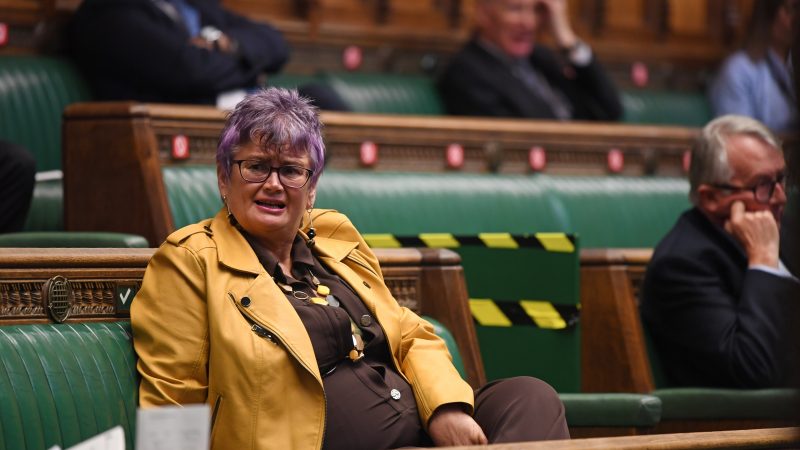
The pandemic accelerated the adoption of flexible working in many workplaces. For employers and businesses, the benefits of remote working and its ability to keep their business going was clear. Many workers, including menopausal women, also found this way of working beneficial, and it is why workplaces must keep it in place beyond the pandemic.
Menopausal women represent the fastest growing part of the UK workforce, and there are over 3.5 million women experiencing symptoms of menopause at work. Most women will experience menopause at some point, and while not all women will experience symptoms, three in four will. These symptoms can be mild, but they can also be difficult to manage.
Community members going through the menopause told us that one of the measures that can help them to cope with symptoms at work is flexible working. New polling undertaken by Savanta and commissioned by the trade union Community indicates that menopausal women able to work from home believe it helps them to cope with symptoms. Of those menopausal women who could work remotely during Covid, 67% said they wanted home working to continue to be an option available to them beyond the pandemic.
Labour MP Carolyn Harris, who chairs the all-party parliamentary group on menopause, said this research shows that adjustments like home working are “instrumental” in keeping menopausal women at work. “This research proves that adjustments at work can be instrumental in keeping women experiencing symptoms of the menopause in their jobs,” she said.
“Whilst many women, like those in our emergency services, teachers and shop workers, won’t have the option to work from home, other adjustments to their working environment will benefit them. But for those who do have jobs that enable home working, then we should be encouraging employers to support their staff in doing so if it helps them to cope better with their symptoms.”
There are millions of menopausal women at work in the UK, but too many feel that there is no place for them in the workforce. We cannot let them continue to be pushed out of their jobs. During the pandemic, companies learned that many jobs can be done remotely, keeping business going by embracing flexible work policies. The same flexibility also offers menopausal women the support they need to go on with their job while coping with symptoms.
That is why flexible working must be a right for all workers from day one. Employers should continue to embrace flexible working beyond the pandemic to ensure no worker is pushed out of the workforce because they are menopausal.




More from LabourList
Letters to the Editor – week ending 22 February 2026
‘The coastal towns where young people have been left behind by Whitehall’
‘How Labour is modernising transport in Wales with fairness at its heart’